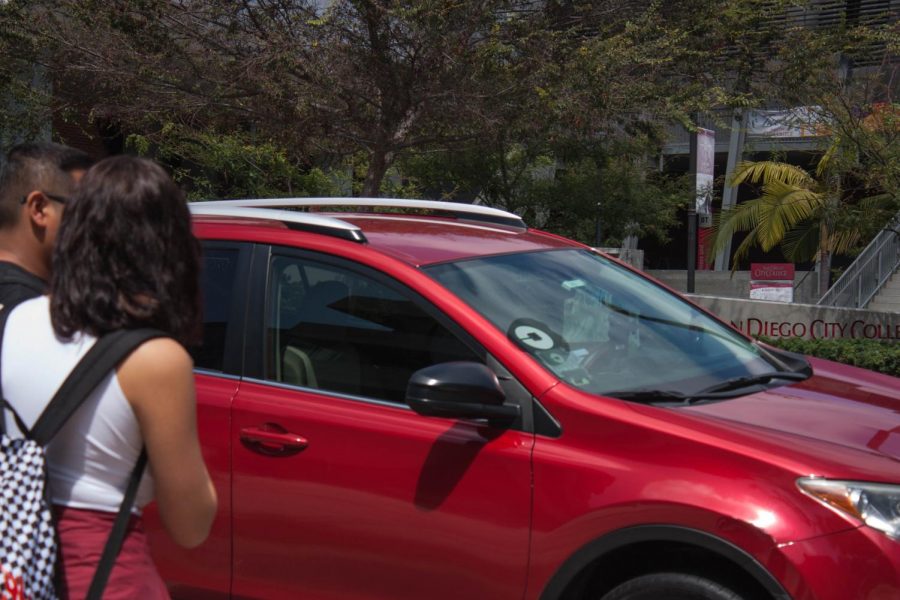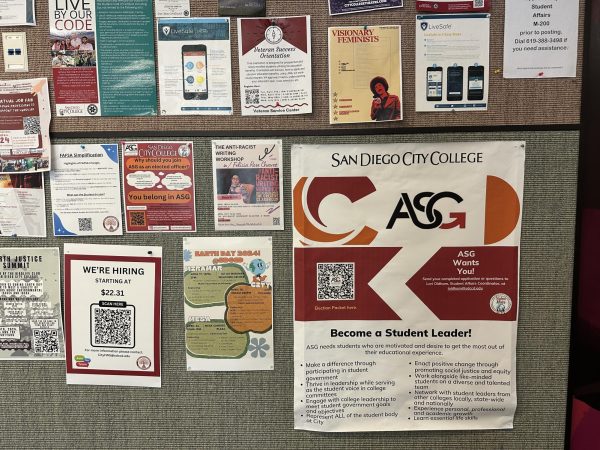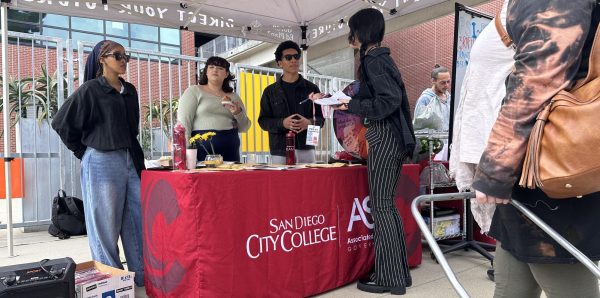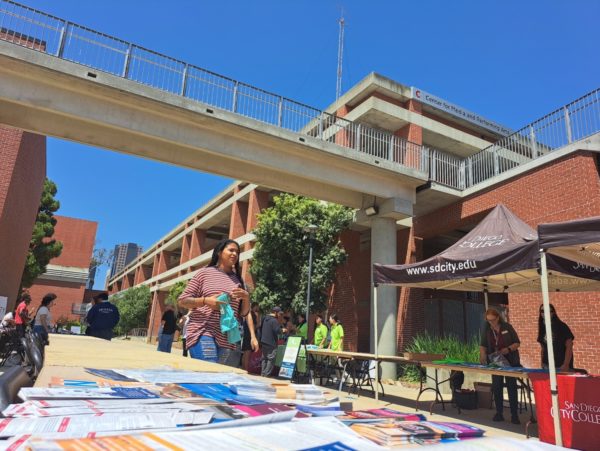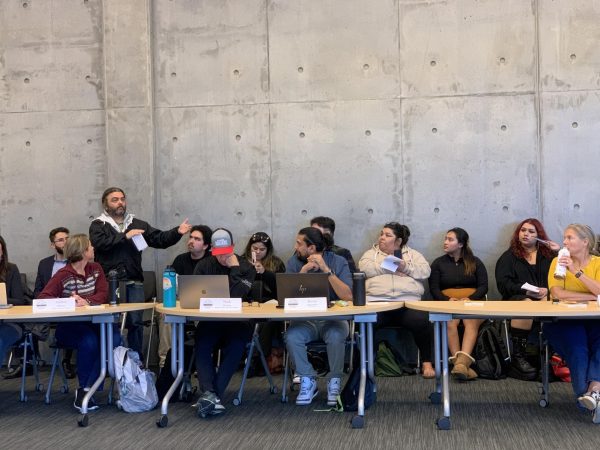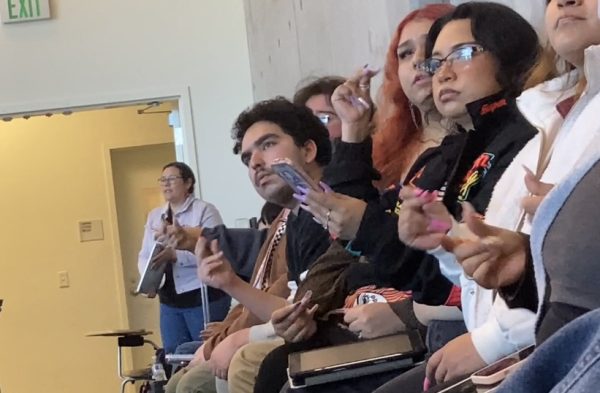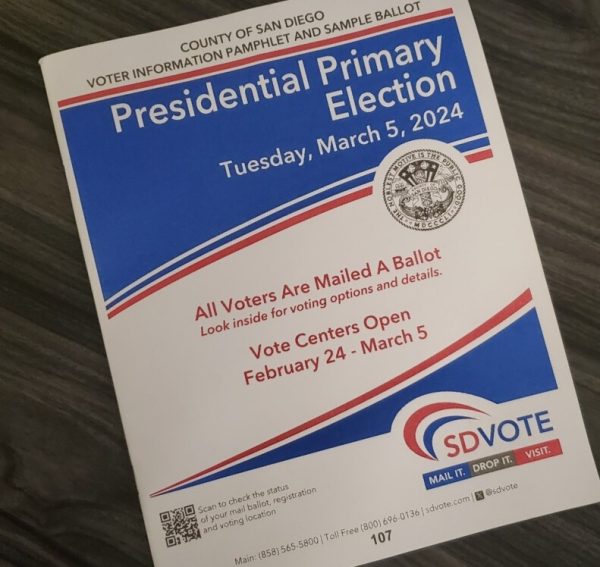UPDATE: Independent contractor bill passes California State Senate
If you will be affected by AB5, City Times wants to hear your story.
State legislation designed to limit who can be classified as independent contractors could impact Uber and Lyft drivers and riders. Photo by Aurora Ruvalcaba
September 11, 2019
Story update: On Sept. 18 California Governor Gavin Newsom signed AB5 into law.
“Today we are disrupting the status quo and taking a bold step forward to rebuild our middle class and reshape the future of workers as we know it,” bill author Lorena Gonzalez said after the signing. “As one of the strongest economies in the world, California is now setting the global standards for worker protections for other states and countries to follow.”
Uber has maintained that it has no intention of hiring full-time drivers and will look for other methods to maintain the status of its workforce according to Uber’s chief legal officer.
The State Senate passed California Assembly Bill 5 late last night, an attempt to reshape the gig economy that many City College students rely on for income, but it is likely to face a long battle through the courts.
If enacted, the bill, sponsored by assemblyperson Lorena Gonzales of California’s 80th District in San Diego, would require employers to reclassify current independent contractors and freelancers as employees with access to benefits if their duties fall within the usual course of the employer’s business.
If AB5 would change your employment status, or impact you in another way, City Times wants to hear your story. Please email [email protected] with your name and a brief description of what AB5 would mean for you. You may be contacted by a City Times reporter and your story may be used in future reporting.
The goal of the bill is to prevent the exploitation of Californians working in the gig economy, including drivers for companies such as Uber and Lyft. Many of these workers have seen their pay cut as the companies compete with one another and try to keep shareholders happy.
“It preserves our current union jobs,” Gonzalez said at a pro-union rally in July. “Because I guarantee you, if the new normal is that if I hire you over an app, you have no rights, every one of our jobs is at stake, even mine because we will all become demand-workers.”
AB5 has been criticized by many of the workers it intends to help, both people who prefer the flexibility of being independent contractors and people who are afraid they may lose their gigs as a result.
Both major rideshare companies have indicated that the passage of the bill may mean that it is no longer profitable to offer service in rural areas. Some of these communities may lose access to ridesharing altogether.
The bill provides exemptions for individuals in certain industries, including insurance salespeople, doctors and brokers but would require most employers, such as the owners of salons and barbershops to fully hire and provide benefits to workers if they do not get to set their own rates.
Meanwhile, Uber, Lyft and DoorDash vowed to pool together $90 million to support a ballot measure against AB5 if the bill is ratified.
The Senate voted 29-11, on party lines with Democrats in favor and Republicans opposed.
AB5 will next return to the State Assembly, which will vote on amendments to the bill before it reaches the desk of Governor Gavin Newsom, who has indicated he would sign it into law.
Assembly Bill 5 can be read in its entirety here.
Sonny is on Twitter, @sonnywithanoh.


